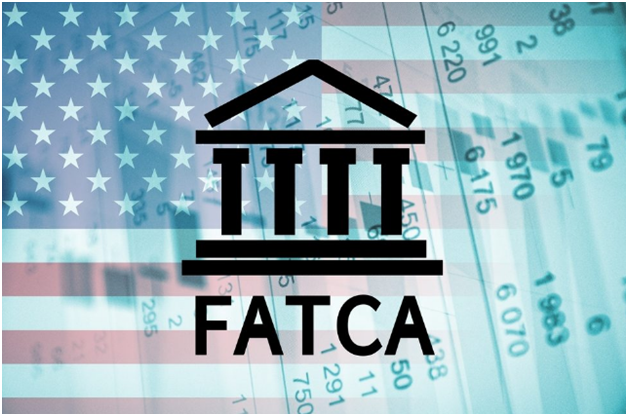Recording taxes are not the only activity that the US government tracks when it comes to expatriates. Foreign financial accounts of US expats are also tracked and reported with the inception of FATCA in Singapore– which focuses on reducing tax avoidance by US citizens by preventing them from hiding income and assets overseas.
The provision of FATCA intended mainly to combat tax evasion, FATCA brings many new regulations and reporting standards for compliance. It’s no minor law to be ignored, as ignorance of FATCA compliance could result in expensive consequences which may leave you with the feeling of regret later. With that crucial importance of the provision of the federal tax Singapore, here are few important things that you should clearly understand about FATCA regulations.
Its somewhere similar- but somehow different- from FBAR provisions
Foreign Bank Account Report (FBAR), is in many ways similar to FATCA, as both are brought into the provision to reveal the wrongful intention of some tax evaders who use foreign bank accounts to hide their money from the tax authority.
However, the reporting of FBAR is different from FATCA, as it pertains to foreign bank account balance of $10,000 or higher (even if the account holds that higher balance for a second too!). FBAR just tracks the balance of accounts- no other asset has been taken into consideration. Whereas, FATCA, on the other hand, is more comprehensive as both the account balance as well as foreign assets reported under its compliance.
List of foreign ASSETS reported under FATCA
The reporting list of FBAR is straight-forward, however, computing the same for FATCA is not easy that much. Below-mentioned is the list of ‘foreign assets’ that are computed under FATCA:
- Stock holdings
- Pensions
- Foreign financial accounts
- Mutual funds
- Foreign issued life insurance
- Partnership interests
- Real estate held through a foreign entity
When it is considered that you are holding a foreign bank account?
Here is a list of accounts that are included under foreign bank accounts and are required to be reported under FATCA with the USA tax advisory in Singapore to avoid any legal complications.
- Any deposit or custodian accounts held at FIIs (Foreign Financial Institutions).
- Accounts held at a foreign branch of a US financial institution
- Foreign mutual funds
- Stocks or securities (if any) held at a foreign financial institution.
- Foreign issued life insurance
Renouncing citizenship to avoid may not be practical decisions
Taking into consideration of the invasive nature of FATCA, many US citizens are thinking of renouncing their citizenship. However, giving up your US citizenship can help you easily avoid FATCA reporting requirements- but it’s not that much easy as it may seem.
However, FATCA compliance is not as challenging as many firms, as well as US expatriates, are anticipating. The only key is to make sure that being an expat or foreign financial account holder, you are having a detailed understanding of FATCA compliance.
